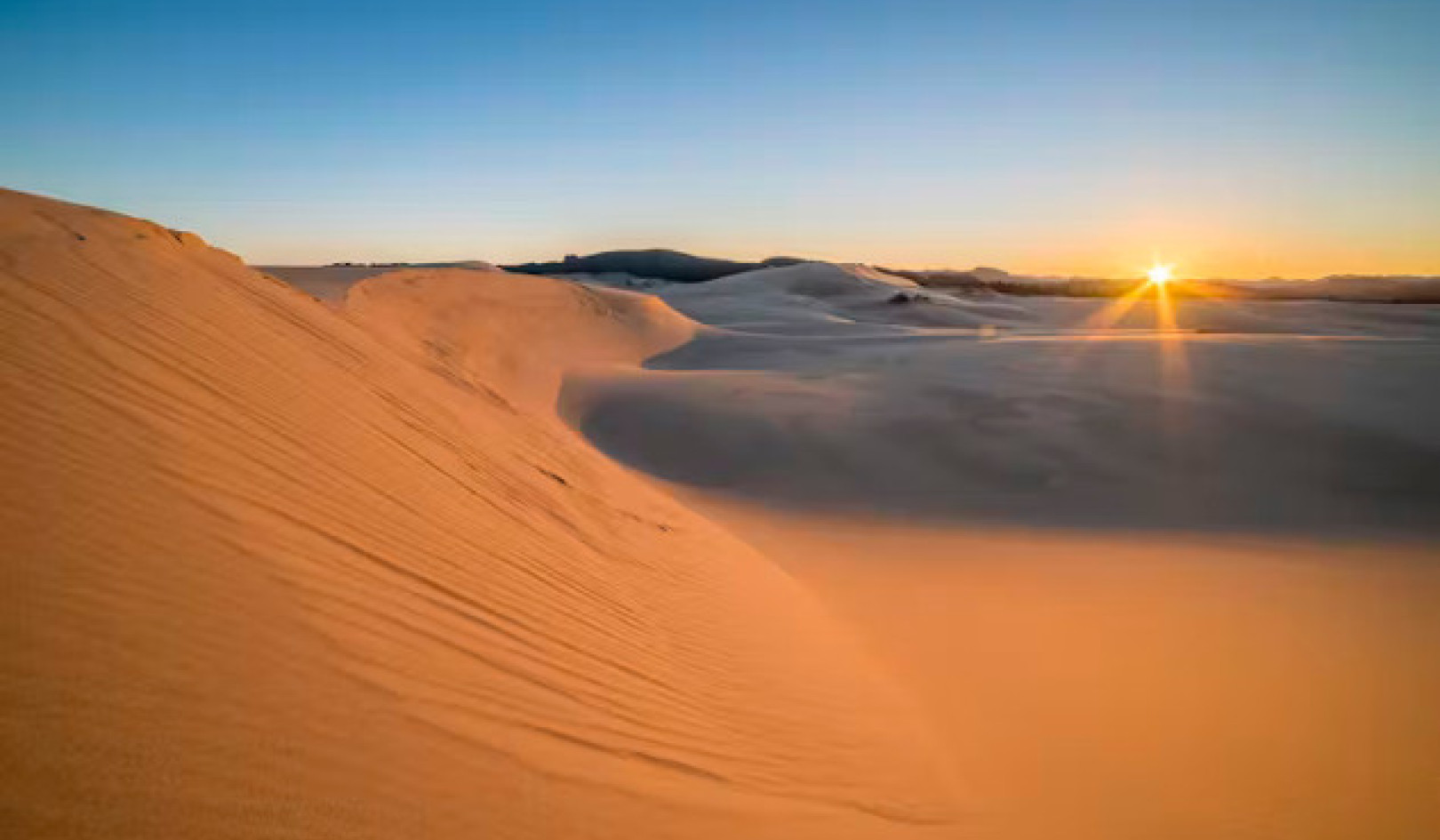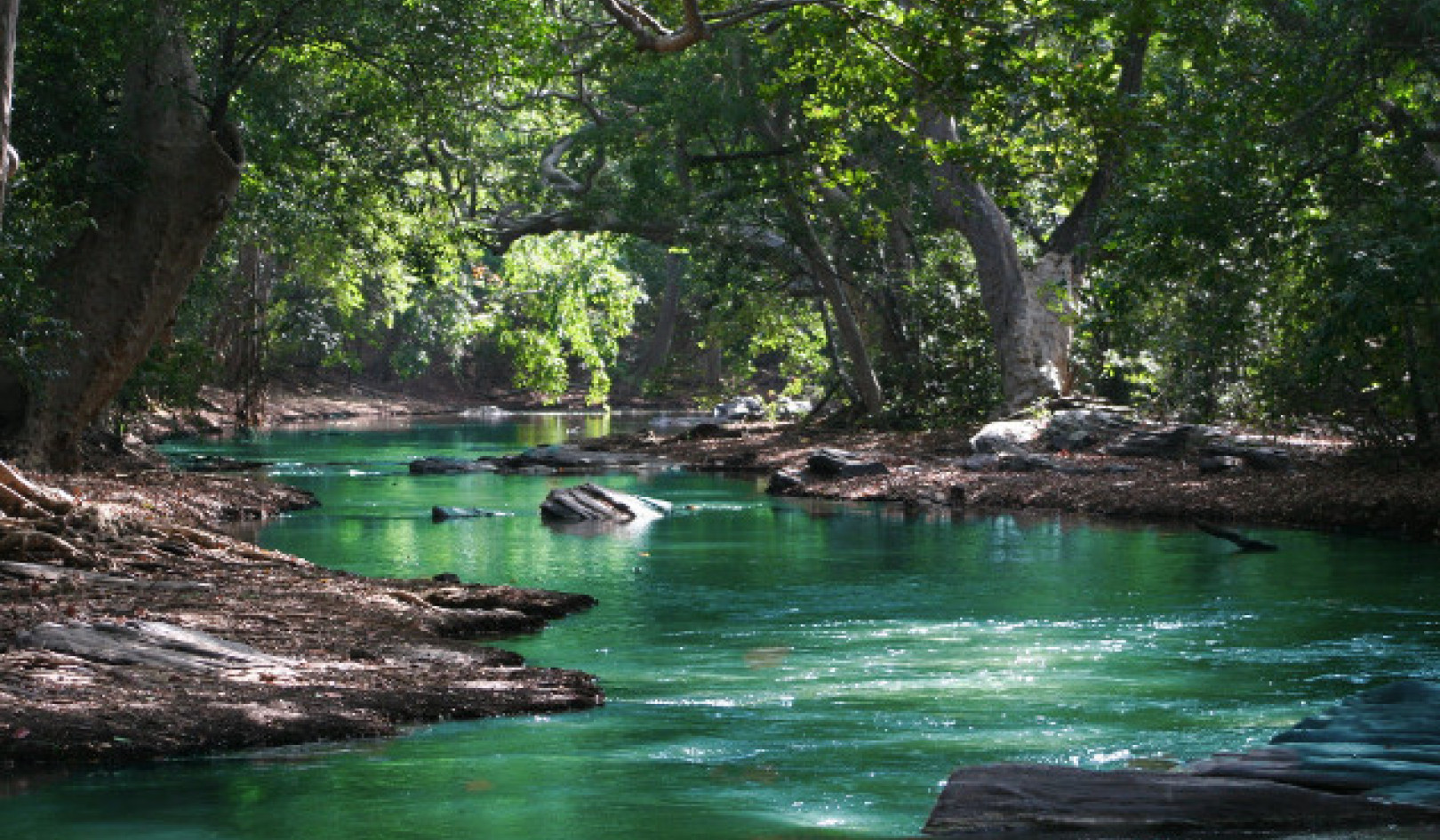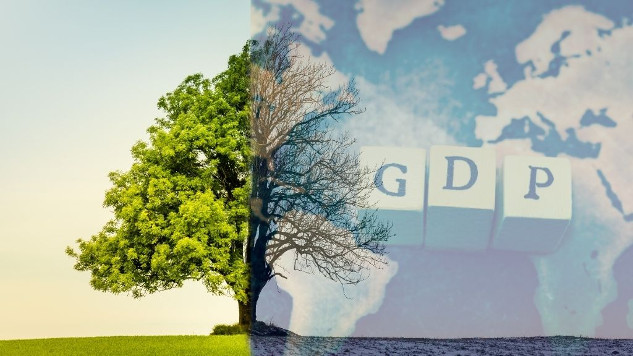ENVIRONMENTAL

The Climate Crisis Through Children's Eyes
Every day, more children discover they are living in a climate crisis. This makes many children feel sad, anxious, angry, powerless, confused and frightened about what the future holds.

How Dune Shaped the Future of Environmental Movements and Ecology
How ‘Dune’ became a beacon for the fledgling environmental movement − and a rallying cry for the new science of ecology...

Warning: Perfect Storm is Florida's Home Insurance
How Florida’s home insurance market became so dysfunctional, so fast

The Climate Puzzle: How 20°C Shapes Life on Earth
20°C seems the optimal temperature for life on Earth to thrive – what does this mean in a warming world?

Can We Reverse the Damage? Exploring Solutions in the Anthropocene Era
In 2000, Nobel Prize-winning atmospheric chemist Paul J. Crutzen proposed that the epoch known as the Holocene, which started some 11,700 years ago, had reached its end.

A Climate Alarm: Earth Warms Past Crucial Threshold
‘A deeply troubling discovery’: Earth may have already passed the crucial 1.5°C warming limit

Harnessing Migrant Potential for a More Sustainable World
Migrants can be a transformative force for sustainable development
Available Languages
MOST READ
The Perma Prescription: Five Steps to Lasting Wellbeing
Is Rural White Resentment Undermining Democracy?
Smart on Crime: The Canadian Shift from Incarceration to Prevention
Overcome Money Worries: Learn Your Financial Attachment
Unveiling the Hidden Reasons Children Laugh
The Secrets to Healing from Long-Haul COVID
Pet Paradox: How Sharing a Room Affects Sleep
MOST WATCHED
Unveiling the Hidden Reasons Children Laugh
How Can a Baby Learn Two Languages at the Same Time?
Eco-Cities at What Cost? The Battle Over Indigenous Lands
Loneliness Can Kill: Middle-Aged Americans Are at Risk
Astrological Overview and Horoscope: April 8 - 14, 2024
The Vinyl Record Resurgence: From Near Extinction to Market Dominance
The Surprising Rise of Mumpreneurs Taking China by Storm!
Protect Yourself from Emotional Burnout with The Empath’s “Bill of Rights”

An economist explains: Textbook economics is badly flawed when it comes to climate change...




















